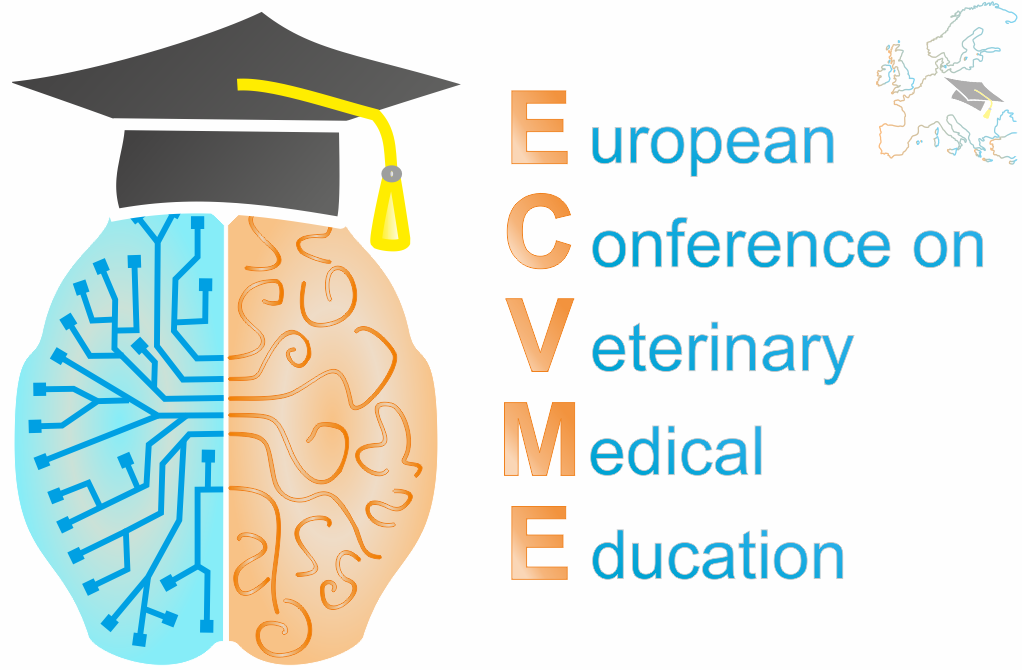
I no longer interrogate him about his day at school, so I can give my wise advice on how to handle difficult peers. I’m not his teacher, and I’m sure she’s skilled at handling that type of problem. Generally speaking, people work through the Steps of Alcohol Anonymous with an addiction treatment counselor and/or sponsor. You can also turn to AA’s Big Book and Twelve Steps and Twelve Traditions (the 12 & 12) for guidance specific to Step 8. Apologizing in this way may open the door to continued healing, growth, and restored relationships in recovery. Located directly opposite Frankfurt Central Station, this hotel offers soundproofed rooms, a BAR and free Wi-Fi internet.
Moving Towards Healing: Making Amends in Recovery
Assess whether the person you’re approaching is prepared to engage in the conversation about amends, as it can significantly impact the outcome. Challenges and setbacks are common in the process of the 9th step. It’s not unusual to face disappointing outcomes, including rejection. Some may not be ready to accept amends, leading to potential rejection or disappointment. This can be disheartening, but it’s important to practice patience and persistence, as making amends is often a gradual process. When planning, start with the people closest to you and create a communication strategy.

How To Regulate In Recovery
However, they may suddenly feel guilty and decide to change their ways. They can make a living amend to change their lifestyle, get sober, and stop stealing from their parent. “In addiction recovery there is a lot of trial and error to figure out what works for each person,” says Ellyn Lowry, Clinical Coordinator at Centerstone. An apology is just a verbal acknowledgment of wrongdoing, whereas an amend means actively repairing relationships and showing dedication to change. Taking action is what truly counts in the journey of recovery.

Rioca Frankfurt Posto 7
- And remember, if you are feeling ashamed about mistakes made and damage done during your using days, you are not your disease.
- However, they may suddenly feel guilty and decide to change their ways.
- It would be easy to think there is nothing more WYG can write about guilt and grief.
- Arguably the biggest challenge in making amends is learning to accept it if the other person denies your amends or doesn’t want to talk at all.
To make direct amends, it is important we are willing to make amends to the person face-to-face, no matter what happens, and respond in love and tolerance to anything they say. These interactions foster sincerity and openness, essential for the healing process. I don’t call him to see how his meeting went this week or what step he’s on.
- Apologies can only go so far in repairing past pain, but it’s a place where you need to begin to heal.
- It is about what we do despite that wrongdoing, “abandoning our right to resentment . . . “.
- Amends allow me to also right the wrongs I may continue to make.
- My living amends to my mother is to be fully present in my life so I can be fully present in hers.
- Recovery is about aligning your actions with your intentions, which often did not match during the time period of your active addiction.
It’s about making positive changes within yourself so that you don’t repeat old patterns of behavior that led to your broken relationships in the first place. The changes that occur due to your efforts positively affect your commitment to becoming a better friend, child, parent, or person all around. Living amends is a concept linked to addiction recovery and part of the twelve-step program for sober living. In simple terms, it means taking responsibility for the person you used to be and how you caused harm to the people in your life who care about you. Human connection with loved ones and supports helps us build self-worth and give purpose. And while it is important to be able to find these things internally and not solely externally, it is still a key component in recovery.

- According to Alcoholics Anonymous, living amends occur when you decide to “live out” the changes you have agreed to in your recovery journey.
- To fix broken relationships, you have to put a lot of effort into making things work.
- Likewise, my marriage is a partnership with my husband.
- That is just one small example of what are living amends.
- In past lessons, you learned how to make a list of amends.
- This can be disheartening, but it’s important to practice patience and persistence, as making amends is often a gradual process.
- It involves not only acknowledging the harm caused by past actions but also taking concrete steps to repair relationships and rebuild trust.
There are situations where making an amend might cause more harm than good. Assess whether making amends might cause additional harm to the other person involved. For example, contacting someone you’ve harmed may exacerbate their distress, especially in severe cases like drunk driving. It’s important to be in a state of readiness, both emotionally and mentally, before reaching out.
Tips for Dealing With Grief, Guilt, & Regret
When my husband misses a turn because he’s in the wrong lane, I say nothing. When he runs out of medicine because he didn’t call the doctor for a refill, I trust he has the intelligence to solve his own problem. When he handles a situation at work marijuana addiction “the wrong way” I keep my opinion to myself. An example would be telling someone how sorry you are that you stole from them and actually giving back what you took. I know I said it once, but I’ll say it again – if you are dealing with guilt and you haven’t read the articles above, now is the time.

Support systems play a vital role in the process of doing the ninth step. Engagement in mutual-help groups like AA can provide crucial assistance, living amends helping individuals stay grounded. Recovery support groups can offer significant help for those facing challenges in making amends. Additionally, individual therapy can aid in accepting responses from others. An amends letter can be a powerful way to communicate intentions when direct communication is not possible.
